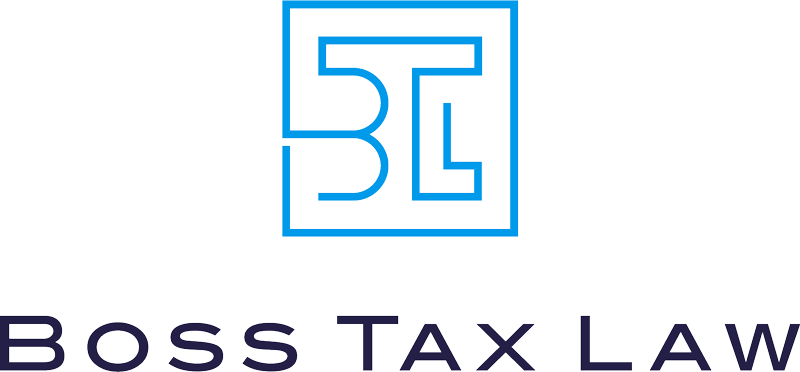Lessons from an IRS Audit of a hair salon
This article shares the true story of one of my very first IRS audits—a real experience that taught me valuable lessons about small business taxes, recordkeeping, and how business owners can avoid expensive surprises from the IRS.
Whether you’re a salon owner, a barber, or any small business owner, this story might just save you thousands of dollars.
Inside a Hair Salon IRS Audit
To set the stage, I was parked in my Honda Accord outside a nondescript shopping center in the suburbs of Cincinnati, Ohio. Less than a year out of college, I was working as a new IRS agent about to conduct my first solo small business tax audit.
And my assignment?
A small hair salon audit—a common starting point for new IRS agents.
Why does the IRS audit hair salons and barbershops so often?
Because they’re historically cash-heavy businesses, making it easier to underreport income. While that’s changing with more businesses using credit cards and digital payments, cash businesses like salons are still frequent audit targets.
The Shoebox of Receipts: A Tax Audit Horror Story
I walked into the salon, greeted the owner, and we sat down for the initial IRS interview. I asked basic questions about the business:
How do you track income?
How do you document expenses?
What records do you keep?
At first, things looked okay. She used a cash register to track sales.
But then I asked, “What documents do you have to support your expenses?”
And that’s when she pulled out a literal shoebox full of receipts.
For anyone who works in accounting or tax, this is the ultimate nightmare.
As politely as possible, I explained: “I’m sorry, but in order to give you credit for these expenses, you’ll need to organize them. I can’t do it for you.”
The look of despair on her face said it all. She knew she was in for hours (if not days) of sorting, totaling, and categorizing.
The $10,000 IRS Audit Mistake
After weeks of back and forth, the audit was completed. Despite her efforts to clean up the mess, the salon owner still owed over $10,000 to the IRS.
And it wasn’t because of some elaborate tax scheme. Her tax bill came down to two very common, very avoidable mistakes:
Mistake #1: Disorganized Recordkeeping: She lost receipts and couldn’t prove many of her legitimate business expenses.
Mistake #2: Tax Preparation Errors: She prepared her own tax return and missed key deductions, omitted income, and made costly filing mistakes.
How to Avoid an IRS Audit Disaster
Here’s the most important takeaway from this story:
Preparation for an IRS audit doesn’t start when you receive the audit letter. It starts years earlier with solid bookkeeping and recordkeeping habits.
And yes, bookkeeping and recordkeeping are different.
Bookkeeping = The process of recording all your financial transactions—sales, expenses, payroll, etc.—usually using software like QuickBooks, Xero, or Wave Accounting.
Recordkeeping = Holding on to the proof behind those numbers—receipts, invoices, bank statements, and other supporting documents. These are critical if the IRS ever questions your return.
Why Organized Records Matter
Good bookkeeping and recordkeeping save you time and stress during an IRS audit. They protect you from costly mistakes and penalties. They make tax season much smoother. And they could save you thousands of dollars, just like in this case.
Facing an IRS Audit or Received a Letter?
If you’re a small business owner, now is the time to clean up your books, organize your records, and work with a competent tax professional.
And if you’re already facing an IRS audit or have received a letter from the IRS, don’t go through it alone.
I help small business owners navigate IRS audits, resolve tax problems, and deal directly with the IRS on your behalf.
So you can get back to what matters—running your business.
Need IRS Audit Help?
If you’re worried about an IRS audit or need help with your small business taxes, I’m here to help.
Click here to contact me directly to discuss your situation.
Don’t let a shoebox of receipts—or disorganized records—cost you thousands.
